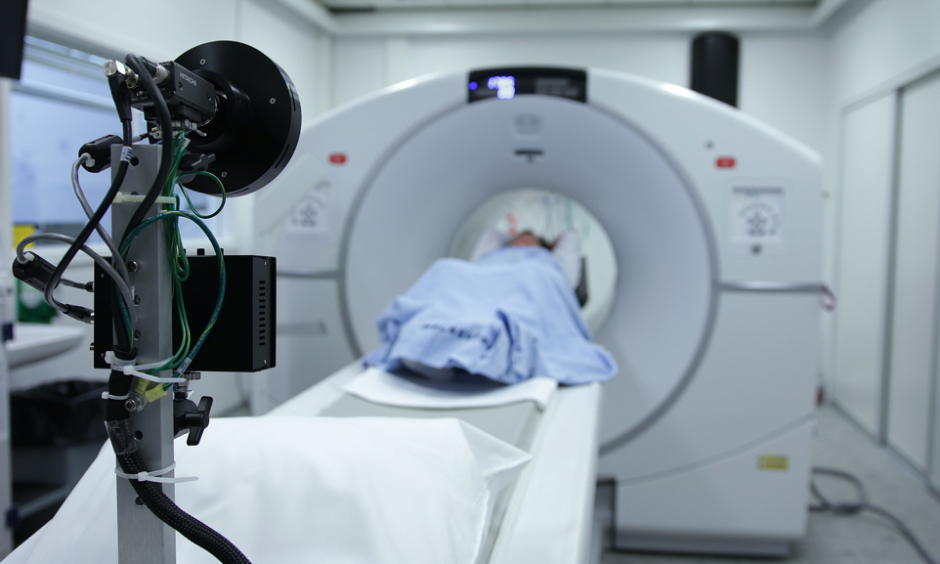VITAL new information about the internal mechanisms of tumours can be revealed through the use of a novel method that combines imaging and metabolic analysis, developed by researchers from the University of Tübingen, Tübingen, Germany. The technique has the potential to enable more personalised cancer care in the future by gaining precise insights into individual tumours.
Rapid Freezing
Current techniques like proteome and metabolome analysis provide detailed information about the molecular processes in tissue samples, but without spatial precision because the metabolic processes in a tumour change very quickly; thus, there is limited knowledge about the molecular causes of tissue alterations and their effects on further tumour growth. The new method seeks to overcome this issue by removing and then rapidly freezing the tumour to capture the metabolism in a snapshot, avoiding the loss of any information.
Greater Understanding
To achieve this, the researchers used a combination of computed tomography (CT) and positron emission tomography (PET) scan and protein and metabolic data. To obtain a spatially precise sampling, tumour areas in the PET and CT data for the examination are defined and transferred to a machine, which exposes the corresponding tissue areas for removal. The frozen samples can be analysed using various high-throughput methods, as they remain frozen throughout the entire procedure; this enables proteome and metabolome data to be assigned to specific sections of the tumour, ultimately providing greater understanding of the workings of particular tumours, with great potential for future clinical applications. The efficacy of the method was proven in an animal model.
Future Applications
“For example, it is conceivable to deep-freeze a human tumour immediately after surgical removal and to precisely determine its biological and pathophysiological profile with the new method,” explained Prof Bernd Pichler, University of Tübingen.
In the shorter term, it is hoped that the information that can be gained from the technique provides the basis for enabling doctors to personalise cancer care by adapting the treatment of patients to the specific aspects of their disease.
James Coker, Reporter
For the source and further information about the study, click here.








